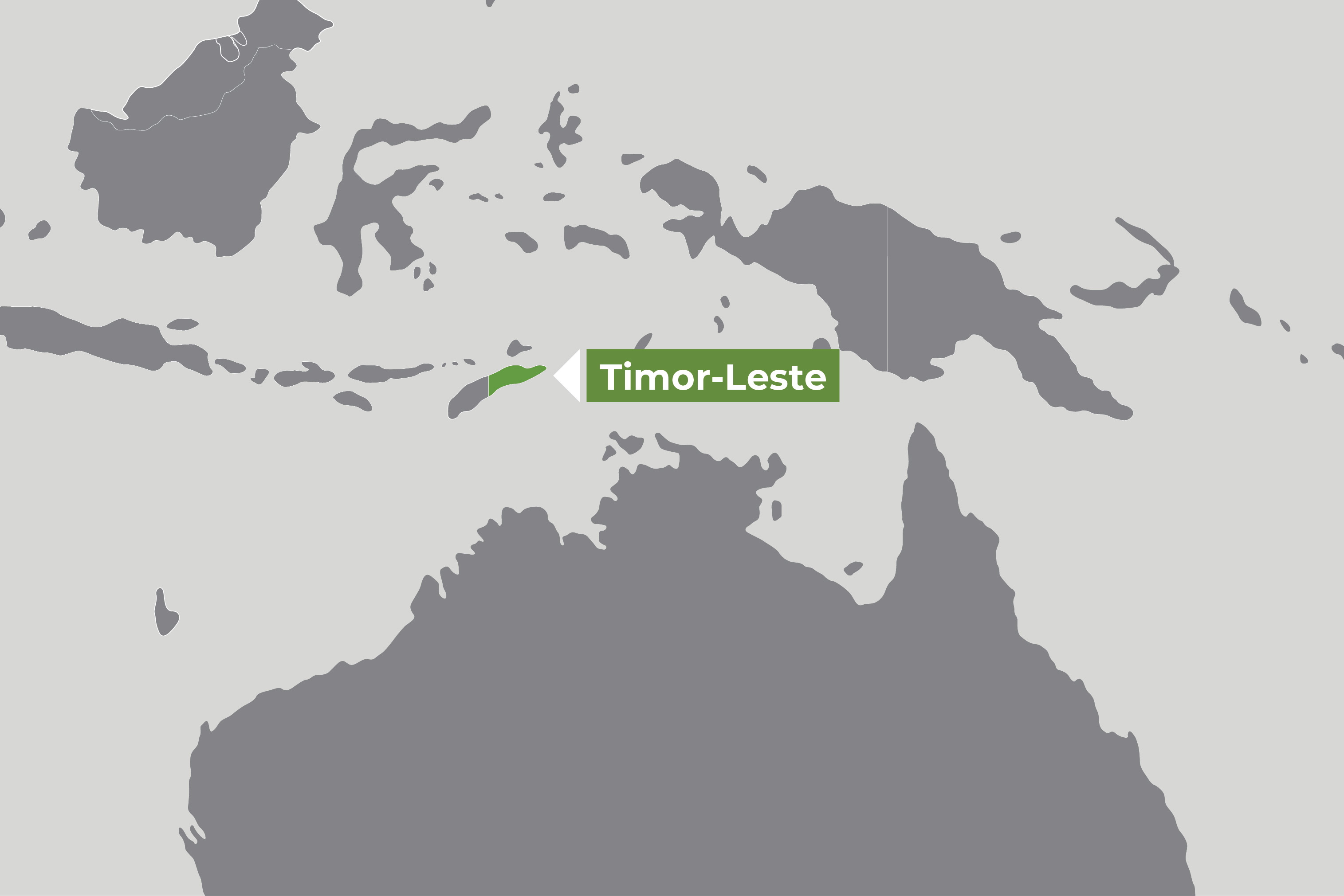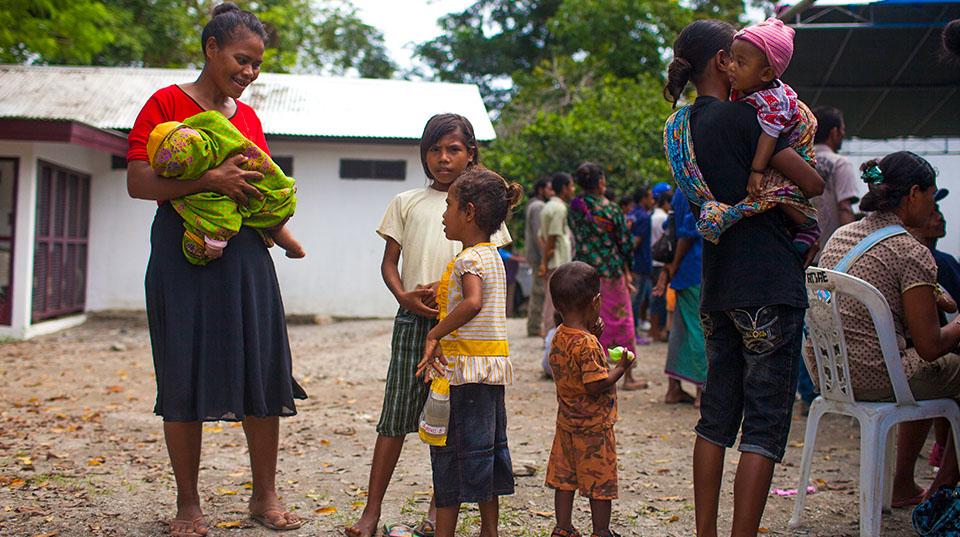Overview
This project, the Bacterial Enteropathogens and Nutrition (BEN) study, aims to understand the relationship between foodborne gastrointestinal infections in Timorese infants and subsequent malnutrition and stunting.
ACIAR supports research to better understand the contribution of animal-source foods to food and nutritional security, and to improve food security, nutrition and rural outcomes. A One Health approach is effective in reducing zoonotic disease burden. Timor-Leste is one of the least developed nations in the Asia-Pacific region, and its infant malnutrition and stunting rates are among the highest in the world.
Malnutrition is a major risk factor for morbidity and mortality in children under 5, causing half of all deaths in this age group. Gender is central to research focused on food safety and childhood nutrition in Timor-Leste. There is growing evidence of an association between childhood malnutrition and chronic exposure to infectious disease-causing enteric pathogens, such as entero-toxigenic Escherichia coli (ETEC), Shigella species and Campylobacter.
The cumulative effects of enteric pathogenic infections, malnutrition, and impaired childhood development place a very large social and economic burden on poor families and the societies in which they reside. The BEN study aims to address this gap by understanding the risk of food borne disease related to food preparation and food safety.
Women are largely affected by zoonotic and foodborne disease and are responsible for food preparation. To ensure gender is kept at the centre of this project, TOMAK will be the main target population and the projects will measure the extent to which increasing women's knowledge and capacity can yield improved nutrition and food preparation. To address underlying determinants of childhood malnutrition, the study will also focus on nutritionally vulnerable women and children, and support a broader group (husbands, mothers-in-law, grandmothers, community leaders) and existing systems. Families and communities will be empowered with knowledge and resources to demand optimum nutrition and growth for their children, supported by a cadre of motivated frontline workers and professionals.
Expected outcomes
- Nutrition, food safety in MoH and MAF will work collaboratively to reduce exposure to zoonotic pathogens.
- Nutrition (MoH), UNICEF, WHO and TOMAK will work to advise on issues of food safety and security impacting child malnutrition in Timor-Leste using evidence and information gained from the One Health research outcomes.
- Hospital laboratory will develop new capacity to conduct multiplex faecal polymerase chain reaction (PCR) tests. The NTL will be able test food and waters for basic microbiological parameters indicating quality.
- Food safety department (MoH) will be able to use food testing as a baseline for contamination of foods and water in the home and community.
- Capacity building will be developed at the MoH Department of Surveillance enabling reporting all cases of enteric infection to improve national surveillance.





